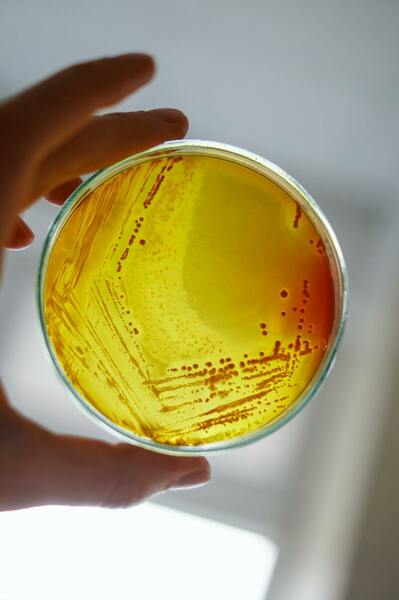Effect of environment factors on the expression of soluble PDE8A1 in E. coli
(1) International Senior High School Section, Guangdong Country Garden School, Foshan, Guangdong, China
https://doi.org/10.59720/22-065
PDE8, a type of phosphodiesterase (PDE), is proven to be crucial in various cellular activities and physiological activities by influencing second messenger systems. It is involved in a wide range of diseases, including Alzheimer’s disease and various heart diseases. However, there is limited information about PDE8 selective inhibitors. The lack of studies is mainly due to the difficulty of obtaining large amounts of active, soluble enzymes, as only a limited amount of PDE8 is expressed by cells. Hence, this work aimed to improve the solubility and yield of PDE8 in the supernatant by exploring suitable culture conditions, including temperatures and different additives. We hypothesized that the presence of additives including glycerol, betaine, L-arginine, and L-glutamate, as well as different culture temperatures can positively affect the concentration of soluble PDE8A1 expressed by cultures of Escherichia coli. We conclude that PDE8A1 catalytic domain, the only splice variant of PDE8A with a complete functional domain, expression is favored at higher temperatures, at about 16oC. A glycerol concentration of 8% promotes the solubility of PDE8A1 expressed greatly. Betaine did not increase the concentration of soluble PDE8A1, but could potentially increase the its stability. L-glutamate and L-arginine had similar effects on the expression of soluble protein and were able to evidently increase the solubility of PDE8A1.
This article has been tagged with: